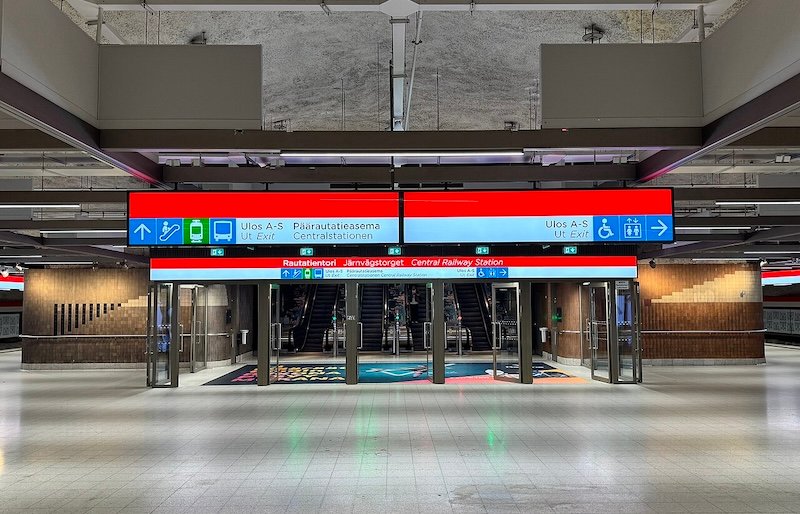Beijing, August 17, 2024, The Europe Today: As China accelerates its high-quality development, the commercial space sector is emerging as a key player on the global stage, with rapid advancements and notable achievements.
In December 2023, Beijing Interstellar Glory Space Technology, commonly known as iSPACE, achieved a significant milestone with the successful test of its reusable launcher. This test, conducted on December 10, marked a crucial step towards developing a fully functional, domestically manufactured reusable rocket for China’s commercial spaceflight industry.
iSPACE, a private Chinese aerospace company founded in 2016, is making strides in its quest to compete with the world’s leading rocket technologies. Anna Choi, vice manager of iSPACE, acknowledged the challenges ahead but expressed optimism, stating, “There is still a long way ahead. But we’re catching up fast.”
The company gained recognition in 2019 with the successful launch of its SQX-1 Y1 rocket, which placed two satellites into a 300-km circular orbit—an unprecedented achievement for a private Chinese firm. The recent test of the Hyperbola-2Y, a reusable liquid oxygen and methane carrier rocket, represents a pioneering development in China. iSPACE aims to launch a reusable medium-lift rocket into orbit by late 2025.
Since its inception, iSPACE has seen substantial growth, expanding its workforce from fewer than 10 to over 400 employees. This growth is fueled by rapid technological innovation and supportive government policies.
China’s commercial space industry has witnessed a surge in activity since 2014, following the government’s move to open the sector to private investment. In 2023 alone, private commercial spaceflight companies in China successfully executed over 10 launches. Beijing, in particular, has become a hub for these enterprises, drawn by the city’s abundant talent and favorable policies.
In February 2024, Beijing announced plans to establish “Rocket Street”—a dedicated research and production hub aimed at advancing the commercial aerospace sector. Construction of this facility, located in the Beijing Economic-Technological Development Area (BDA), commenced last month. “Through the ‘Rocket Street’ program, we hope to leverage the cluster advantage to facilitate the development of the sector,” said an official from the BDA.
The development of the commercial spaceflight industry aligns with China’s broader agenda to advance new quality productive forces and elevate its position in the global value chain. This focus includes areas such as bio-manufacturing, the low-attitude economy, quantum technology, and life sciences.
Government support for the sector is evident, with subsidies provided for innovation centers specializing in reusable rockets and efforts to attract private capital. Other regions and cities across China are also planning to develop their commercial aerospace industries.
Reflecting on the sector’s progress, Choi emphasized the importance of innovation and perseverance, stating, “This is a sector that requires pioneering courage. We are committed to innovation and confident for the catch-up and beyond.”
China’s commercial space sector continues to forge ahead, positioning itself as a formidable player in the global aerospace industry.














